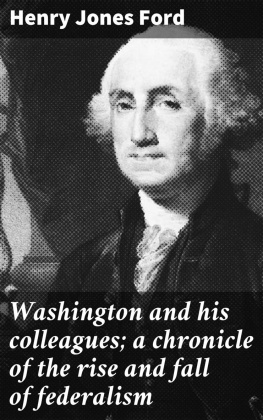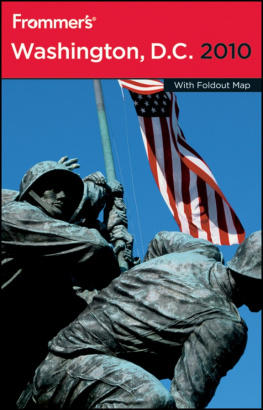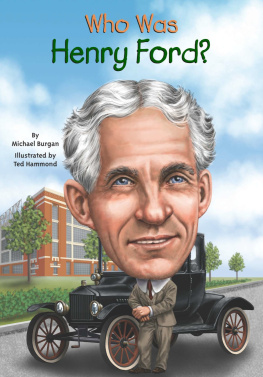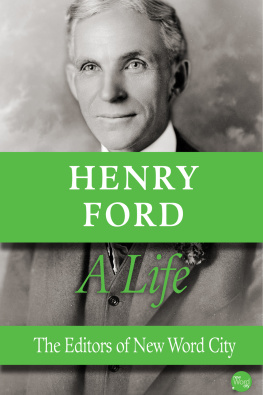CHAPTER I
Table of Contents
AN IMITATION COURT
Washington was glad to remain at Mount Vernon as long as possible after hehad consented to serve as President, enjoying the life of a countrygentleman, which was now much more suited to his taste than officialemployment. He was weary of public duties and the heavy demands upon histime which had left him with little leisure for his private life at home.His correspondence during this period gives ample evidence of his extremereluctance to reassume public responsibilities. To bring the matter to itstrue proportions, it must be remembered that to the view of the times thenew constitution was but the latest attempt to tinker the federal scheme,and it was yet to be seen whether this endeavor would be any moresuccessful than previous efforts had been. As for the title of President,it had already been borne by a number of congressional politicians and hadbeen rather tarnished by the behavior of some of them. Washington was notat all eager to move in the matter before he had to, and he thereforeremained on his farm until Congress met, formally declared the result ofthe election, and sent a committee to Mount Vernon to give him officialnotice. It was not until April 30, 1789, that he was formally installed asPresident.
Madison and Hamilton were meanwhile going ahead with their plans. Thistime was perhaps the happiest in their lives. They had stood together inyears of struggle to start the movement for a new constitution, to steerit through the convention, and to force it on the States. Although thefight had been a long and a hard one, and although they had not won allthat they had wanted, it was nevertheless a great satisfaction that theyhad accomplished so much, and they were now applying themselves with greatzest to the organization of the new government. Madison was a member ofCongress; Hamilton lived near the place where Congress held its sittingsin New York and his house was a rendezvous for the federal leaders.Thither Madison would often go to talk over plans and prospects. A ladywho lived near by has related how she often saw them walking and talkingtogether, stopping sometimes to have fun with a monkey skipping about in aneighbor's yard.
At that time Madison was thirty-eight; Hamilton was thirty-two. They werelittle men, of the quick, dapper type. Madison was five feet six and aquarter inches tall, slim and delicate in physique, with a pale student'sface lit up by bright hazel eyes. He was as plain as a Quaker in his styleof dress, and his hair, which was light in color, was brushed straightback and gathered into a small queue, tied with a plain ribbon. Hamiltonwas of about the same stature, but his figure had wiry strength. HisScottish ancestry was manifest in his ruddy complexion and in the modelingof his features. He was more elegant than Madison in his habitual attire.He had a very erect, dignified bearing; his expression was rather severewhen his features were in repose, but he had a smile of flashing radiancewhen he was pleased and interested, Washington, who stood over six feettwo inches in his buckled shoes, had to look down over his nose when hemet the young statesmen who had been the wheel horses of the federalmovement.
Soon after Washington arrived in New York he sought Hamilton's aid in themanagement of the national finances. There was the rock on which thegovernment of the Confederation had foundered. There the most skillfulpilotage was required if the new government was to make a safe voyage.Washington's first thought had been to get Robert Morris to take chargeagain of the department that he had formerly managed with conspicuousability, and while stopping in Philadelphia on his way to New York, he hadapproached Morris on the subject. Morris, who was now engaged in grandprojects which were eventually to bring him to a debtor's prison, declinedthe position but strongly recommended Hamilton. This suggestion provedvery acceptable to Washington, who was well aware of Hamilton's capacity.
The thorny question of etiquette was the next matter to receiveWashington's attention. Personally he favored the easy hospitality towhich he was accustomed in Virginia, but he knew quite well that his owntaste ought not to be decisive. The forms that he might adopt would becomeprecedents, and hence action should be taken cautiously. Washington was amethodical man. He had a well-balanced nature which was never disturbed bytimidity of any kind and rarely by anxiety. His anger was strong when itwas excited, but his ordinary disposition was one of massive equanimity.He was not imaginative, but he took things as they came, and did what theoccasion demanded. In crises that did not admit of deliberation, hisinstinctive courage guided his behavior, but such crises belong tomilitary experience, and in civil life careful deliberation was his rule.It was his practice to read important documents pen in hand to note thepoints. From one of his familiar letters to General Knox we learn that onrising in the morning he would turn over in his mind the day's work andwould consider how to deal with it. His new circumstances soon apprisedhim that the first thing to be settled was his deportment as President.Under any form of government the man who is head of the state is forced,as part of his public service, to submit to public exhibition and to beexact in social observance; but, unless precautions are taken, engagementswill consume his time and strength. Writing to a friend about thesituation in which he found himself, Washington declared: "By the time Ihad done breakfast, and thence till dinner, and afterwards till bed-time,I could not get relieved from the ceremony of one visit, before I had toattend to another. In a word, I had no leisure to read or answer thedispatches that were pouring in upon me from all quarters."
The radical treatment which the situation called for was aided by ageneral feeling in Congress that arrangements should be made for thePresident different from those under the Articles of Confederation. It hadbeen the practice for the President to keep open house. Of this customWashington remarked that it brought the office "in perfect contempt; forthe table was considered a public one, and every person, who could getintroduced, conceived that he had a right to be invited to it. This,although the table was always crowded (and with mixed company, and thePresident considered in no better light than as a matre d'htel), wasin its nature impracticable, and as many offenses given as if no table hadbeen kept." It was important to settle the matter before Mrs. Washingtonjoined him in New York. Inside of ten days from the time he took the oathof office, he therefore drafted a set of nine queries, copies of which hesent to Jay, Madison, Hamilton, and John Adams, with these sensibleremarks:
"Many things, which appear of little importance in themselves and at thebeginning, may have great and durable consequences from their having beenestablished at the commencement of a new general government. It will bemuch easier to commence the Administration upon a well-adjusted system,built on tenable grounds, than to correct errors, or alter inconveniences,after they shall have been confirmed by habit. The President, in allmatters of business and etiquette, can have no object but to demeanhimself in his public character in such a manner as to maintain thedignity of his office, without subjecting himself to the imputation ofsuperciliousness or unnecessary reserve. Under these impressions he asksfor your candid and undisguised opinion."














